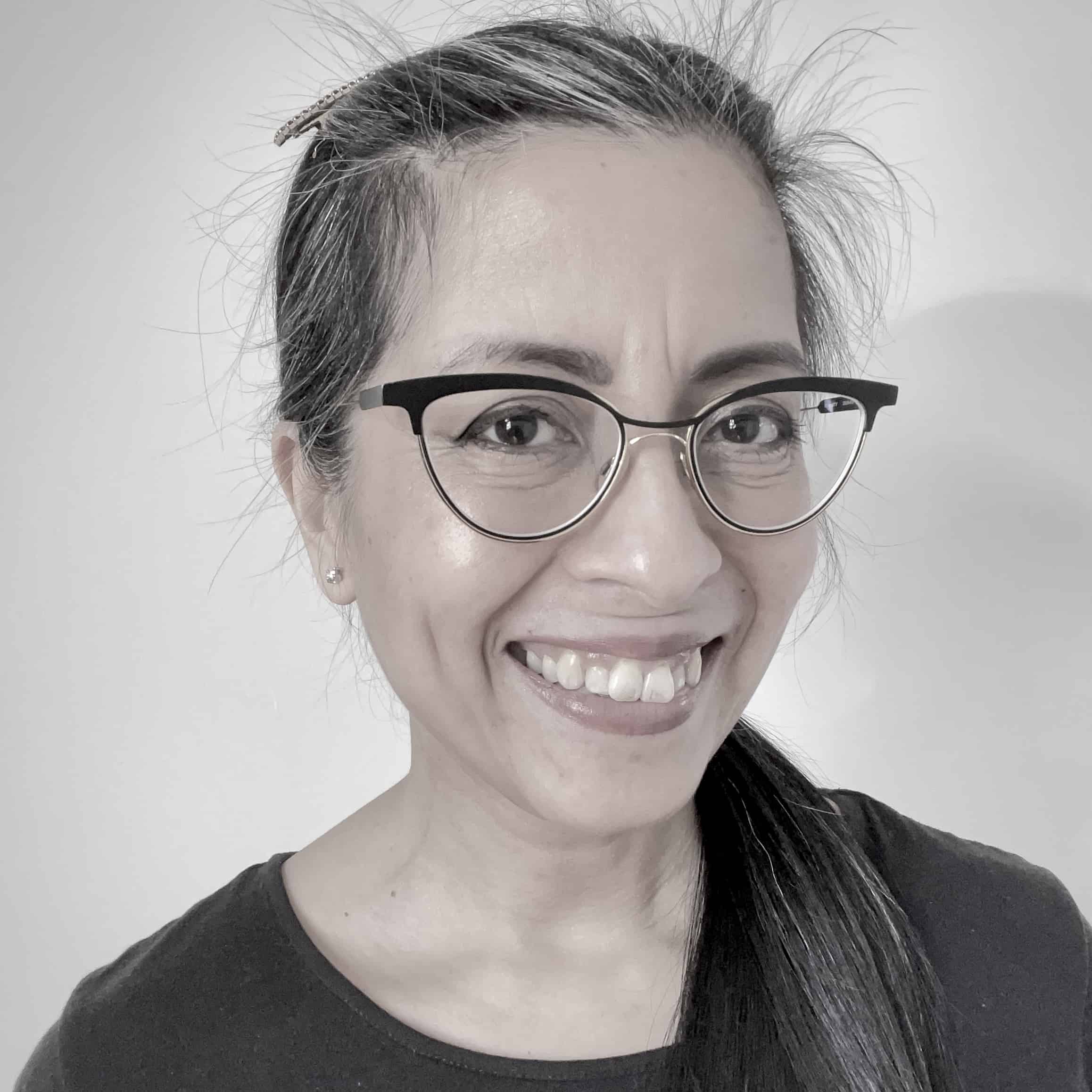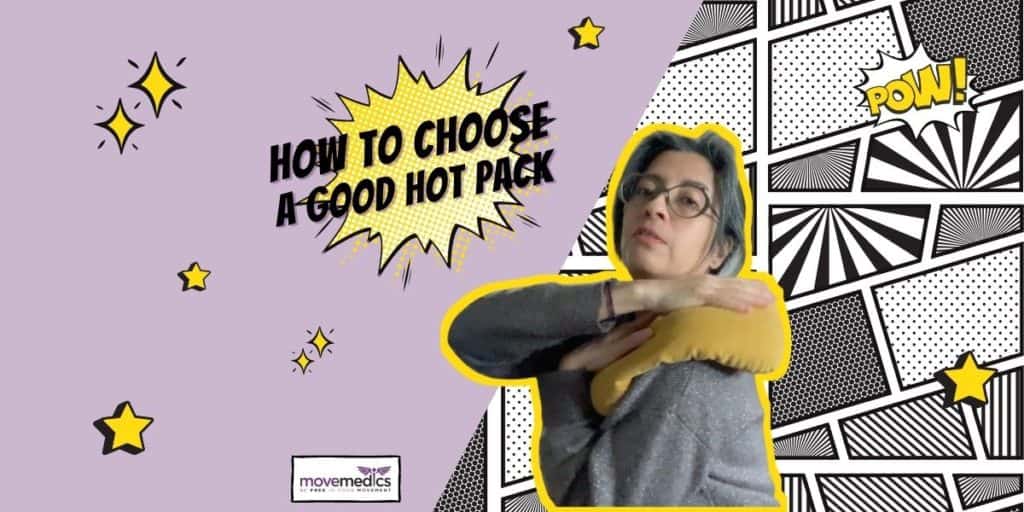Opinion Does Not Equal Expertise
For as long as I’ve been a physio, 19 years and counting, my biggest pet peeve is how many people needlessly suffer in health because of misinformation. For me, the worst of all misinformation is one that is perpetuated by what I like to call the celebrity effect – a well-known public figure who has reach and influence over an audience who knows, likes, and trusts them, spreading and perpetuating misinformation. It makes my blood boil.
Why is this a problem? Aren’t we all entitled to our opinions? Yes, everyone can have an opinion, but having an opinion does not make you an expert. These celebrity opinions on health are seldom backed by good science, and a lot are in fact financially driven with them acting as a brand’s ambassador. Because they are on TV or in popular magazines, when they share a misinformed opinion it reaches far and wide, creates confusion and in some cases even endangers the safety of the public. I know this because I’ve had to undo the damage at my clinic, when my patients asked me about them or they were injured as a result of following these opinions.
Hold up! That sounds dire! How is that possible? This is possible because celebrities are rarely a qualified health professional and therefore have no need to act with duty of care.
“Do No Harm” Does Not Apply to Celebrities
As health professionals, we must do no harm and we are bound by rules and regulations to make sure that we perform our duty of care and that our actions/ conduct are ethical. If I, a physio, publicly endorse something that is not evidence-based and that leads to someone being negatively affected, the Australian Health Practitioner Regulation Agency (AHPRA) will come knocking and I will likely lose my license to practice and, in severe cases, I could also face legal prosecution. All health professionals in Australia are regulated by AHPRA, in fact, health professionals all over the world are regulated by their respective national agencies. This is first and foremost for the safety of the public; it is a good and necessary thing. However, these laws and regulations only apply to registered health practitioners, it does not apply to anyone else, which essentially paves a free path for unqualified people to say what they want with zero consequences. Duty of care is precisely why health professionals have issues with anyone, celebrity or not, speaking on topics they are not qualified. It is particularly a problem with celebrities because they have a huge fan base and their influence is strong.
What is Duty of Care and Why is it Important?
What is duty of care? It means I have the duty to provide the best care possible, which means providing up-to-date, evidence-based information and treatment to anyone who I interact with. Anyone, not just those who book an appointment to see me at my clinic, anyone. Duty of care applies to most professionals; ever had a lawyer friend say to you, “this is not legal advice,” before they shared some insights with you? They make a disclaimer because they too, have duty of care to those they interact with. Duty of care is the responsibility of all regulated health professionals.
Duty of care is a good and necessary thing but in practice can make it very hard for those who can best help you to actually help you unless it is under specific circumstances, such as in a patient-practitioner only private consultation. Anything outside of a formal consult setting is very difficult.
Let me give you an example. Say you have a question about an injury and you are not sure how to go about it. You tag me, other health professional friends, people you know have had similar issues in your Facebook post asking for help. Here’s what happens for me to try and help you: because I have duty of care to anyone I interact with on a topic that I’m an expert on, even though you are not officially my patient, even though it’s just a casual social media post, I have a duty of care to you. So to answer your tag, I first write a lengthy disclaimer stating that without having seen and assessed you in person, I can only share general information; I then try to list all possible scenarios to cover all bases that could apply to you without knowing the specifics; I then make numerous urges that you really should go and see a professional yourself, and finally I will get to share the relevant info on the subject matter. And by the time it’s been drafted, it is re-read, scrutinised, re-read, and scrutinised again. The next you know, an hour (minimum) is gone! When I finally post a reply, there will be a couple of questions that ensue and you repeat this whole process again.
Why not ignore these ensuing questions? Because of duty of care! And I also personally think it’s rude to ignore them. In the effort to make replying to these tags for help more efficient I’ve even made “standard replies” in my Evernote app!
Why did I go to such lengths? Because I really want to help you, that’s why health professionals become health professionals to start with, to help. But as you can see, this is an impractical and unsustainable practice. However, for someone who’s not a qualified health professional, they can say whatever they want without any worry about losing their license to practise, they don’t have to worry about facing disciplinary actions if you should follow their suggestions and get hurt. Nothing happens because there’re no rules and regulations that apply to a non-health professional. From what we have seen in recent times, this has inflated egos and emboldened some to be increasingly outrageous in their opinions thus creating confusion about health and endangering the safety of you and your family.
So yes, this is a problem, a huge problem.
How Can You Protect Yourself from Misinformation?
What can you do to protect yourself? How do you tell the expert opinion from a general opinion? Here’re a few things you can do, in fact, this is a good way to scrutinise any opinion, whether health related or not.
- Ask yourself “Who is this person telling me this and what is their qualification?” – People who have papers and letters will let you know, see that B. Phty in my signature below? It’s there for a reason. I also urge my fellow health professionals to do the same as best practice.
- Ask yourself “Does this person set to gain anything from endorsing this opinion?” – Instagram recently made it essential for any paid partnership posts to be labelled as such and it is a most welcomed change to improve transparency.
- Do your own research, learn from credible sources, form your own opinion. – Use government sites, university sites, and sites maintained by qualified health professionals. Remember, just because something comes up at the top of a Google search, does not make it legit.
I know this is a lot of work but remember, we health professionals are here to help you. We may not have the perfect hair, a shiny designer outfit or a gorgeously curated IG account, but we have a brain-load of knowledge, years of experiences, and a keen heart to help so ask us questions, send us a DM, get in touch! Yes, my hands are somewhat tied but it will not stop me from doing my flaming best to fight the good fight against misinformation.
’Til next time, Be Free In Your Movement™.
x
Selina
B. Phty
This information is not medical advice. Got health concerns? Consult a real-life health professional.
Views are my own.
*Affiliate links. Your choosing to use these goes towards supporting my content creation. Thank you.








